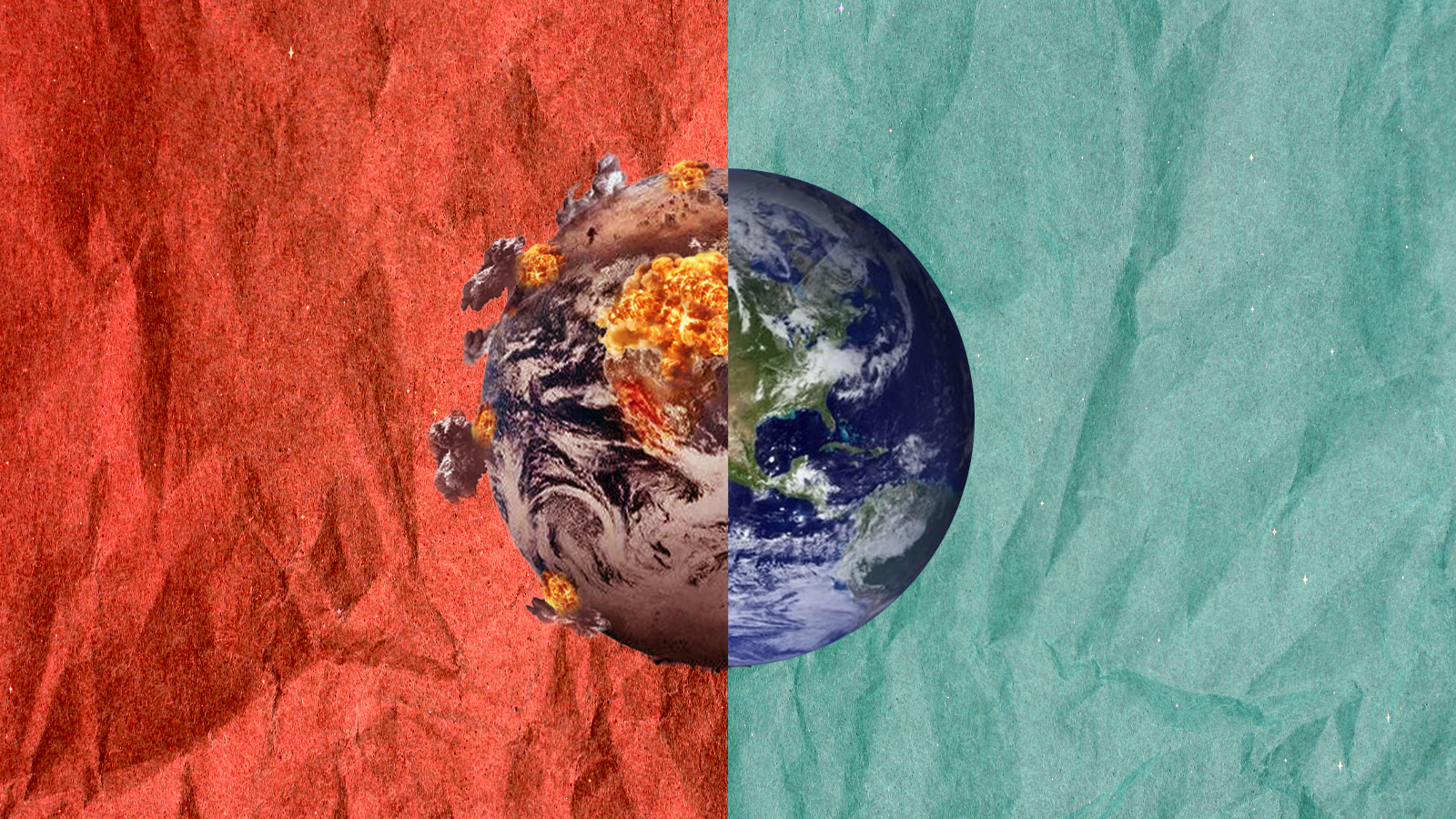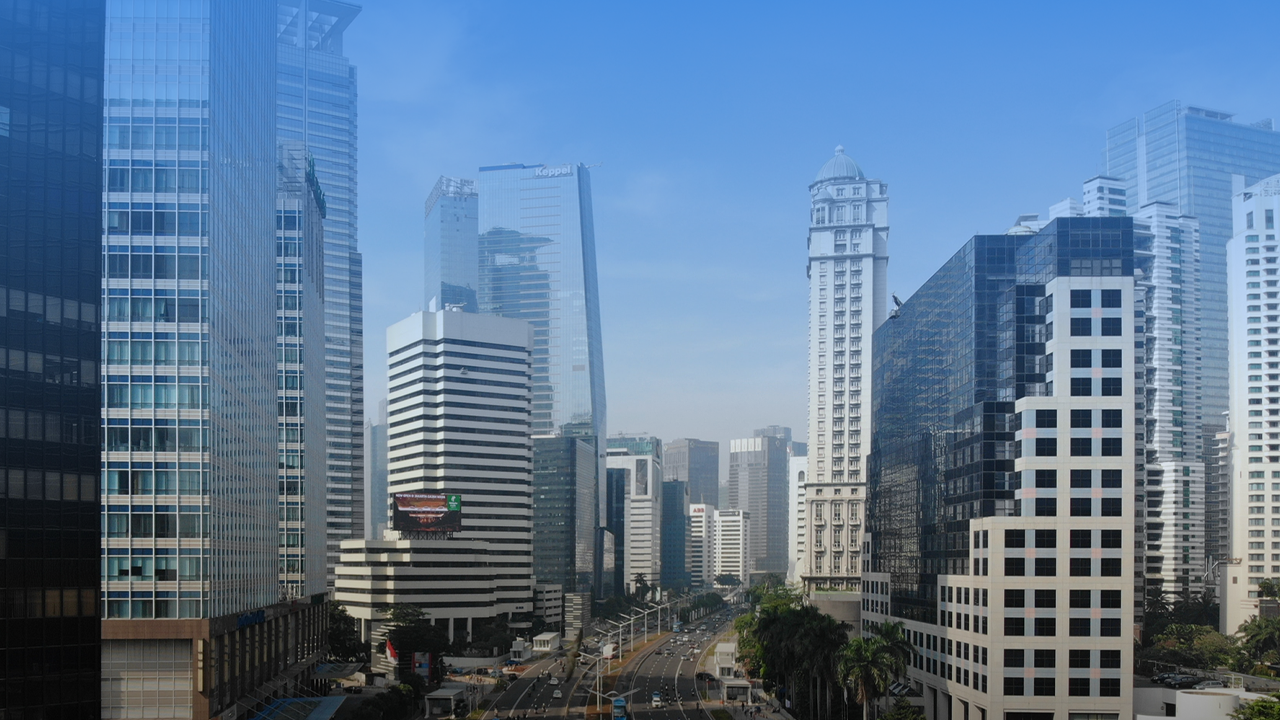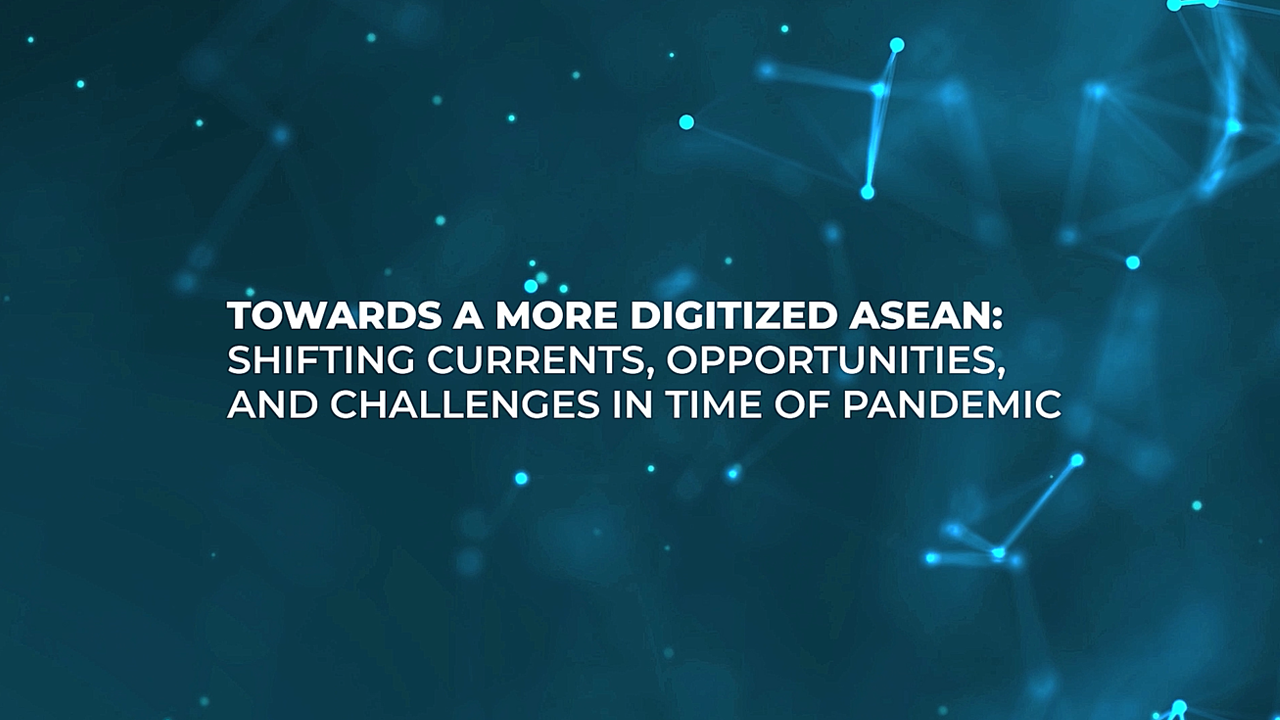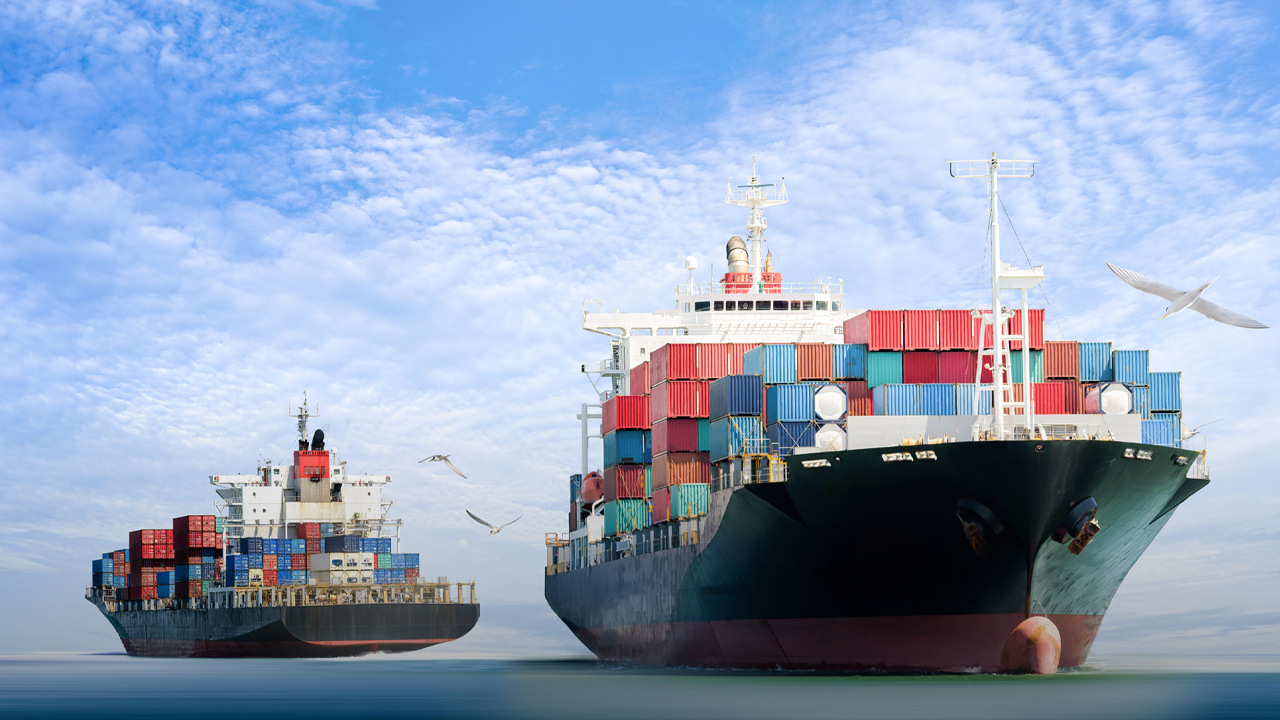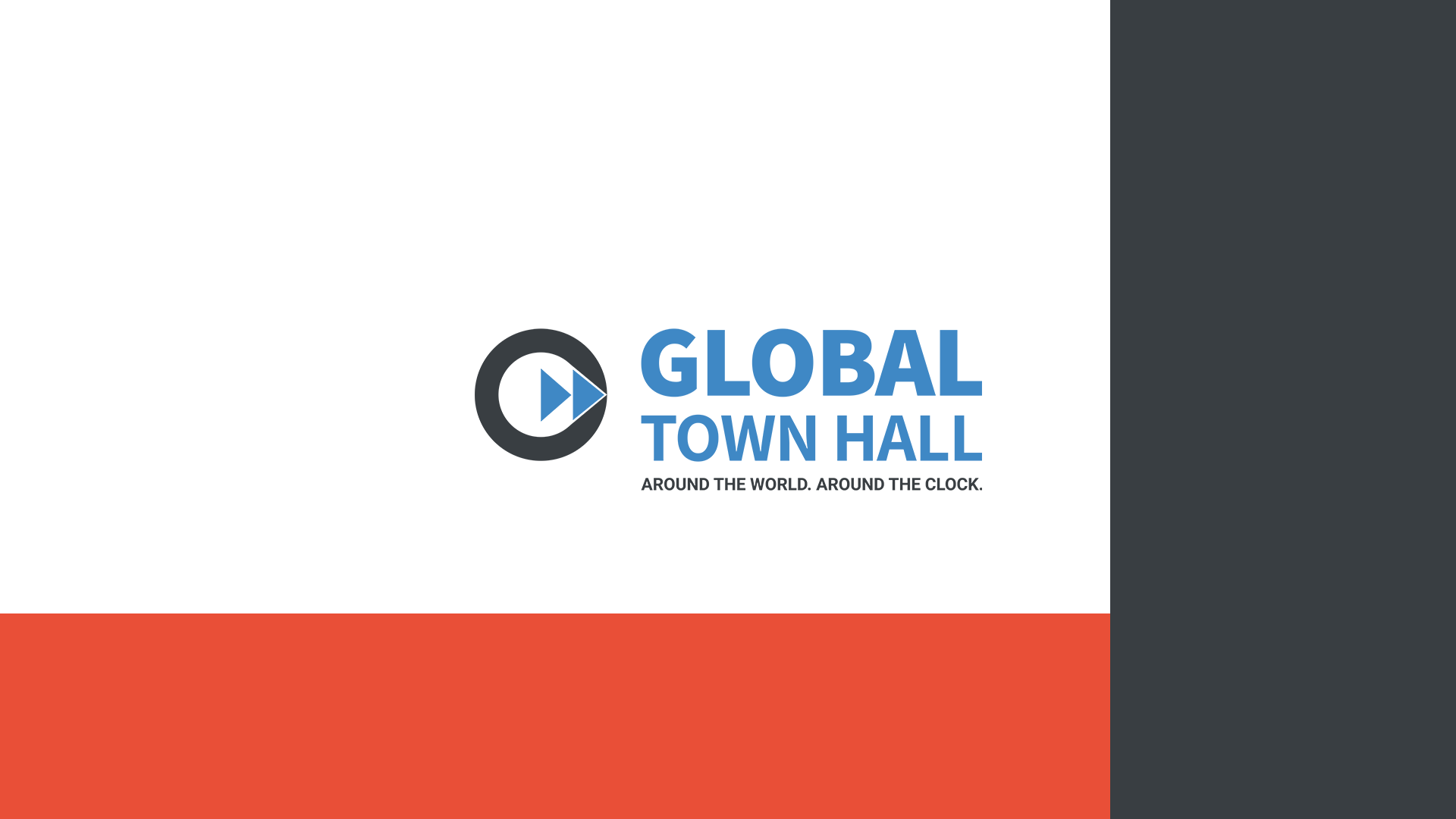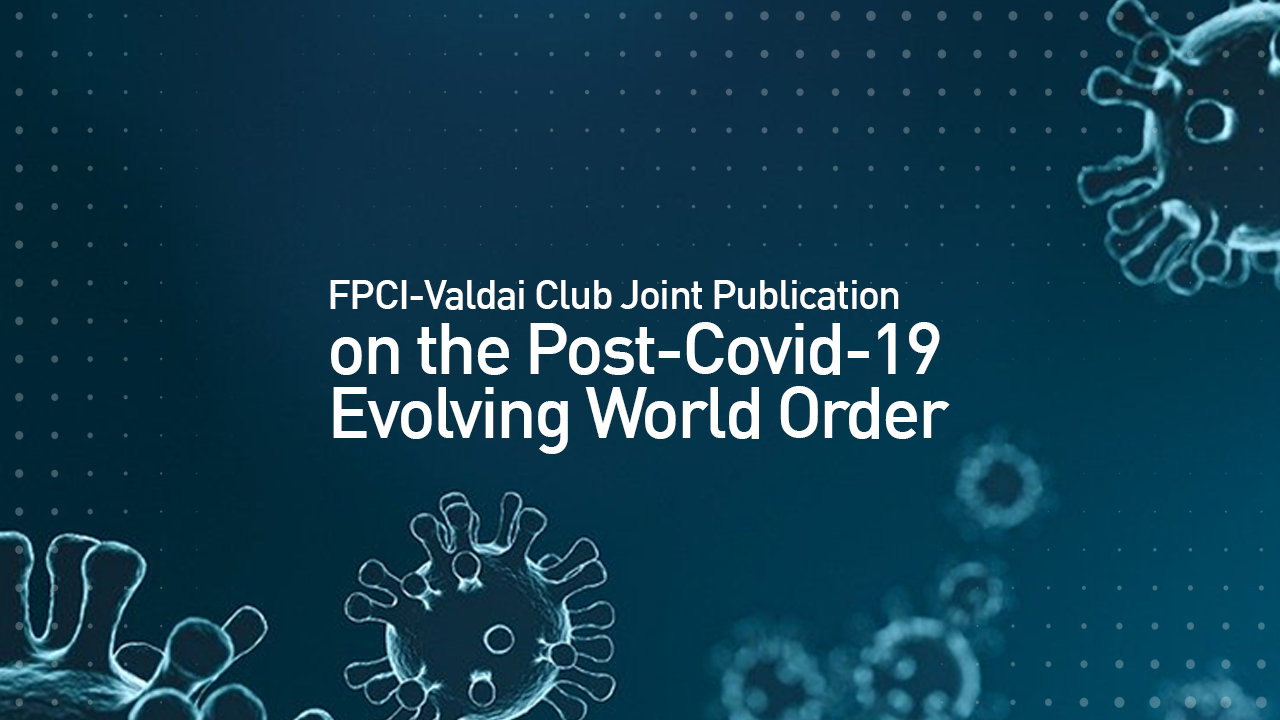In cooperation with the Delegation of the European Union to Indonesia, the Foreign Policy Community of Indonesia (FPCI) has the pleasure to invite you to the Erasmus+ Virtual Info Session, Q&A on “Erasmus Mundus Joint Master Degree” Scholarship with Hanif Falah, Country Representative of Erasmus Mundus Association Indonesia.
Continue readingTime for Decisive Action: Kontribusi Indonesia Dalam Perjuangan Perubahan Iklim Dunia
Indonesia adalah penghasil karbon terbesar ke-10 di dunia. Indonesia saat ini juga tertinggal dalam kontribusinya untuk mengatasi perubahan iklim, karena tidak adanya kerangka kerja iklim dalam rencana pemulihan pandemi nasional dan tindakan lambat untuk memperbarui target pengurangan emisi karbon (NDC) sejak 2016. Mengingat hal tersebut, masih banyak peluang dan dorongan yang berkembang bagi Jakarta untuk membawa diri ke arena pertandingan.
Continue readingWelcoming 2021: Building Strategic Approach towards Achieving Inter-religious Peace
2020 might be one of the most challenging years in decades. As the world was not only struggling with the COVID-19 pandemic, but also the rising bigotry, hate speech, and extremism. From suicide bombing in Quetta, Pakistan, the burning of Qur’an by far-right activists in Sweden, the Islamist terrorist stabbings in Nice, France to the recent mass shooting in Vienna, Austria, and another mass killing in the village of Koshebe, Nigeria, we have not seen any progress in the fight against hate speech, bigotry, terrorism, and extremism. In spite of that, international collective efforts have also been conducted by various actors and institutions in hope for a better future of inter-religious harmony. This year, another chance at improving what we have left last year will proceed.
Continue readingIndonesia-Australia Campus-To-Campus Virtual Outreach: The Future of Diplomacy in the COVID-19 Era
It is not only students and the youth that are struggling to adjust to work-from-home or online classes and practically everything-virtual. World leaders, too, have to work remotely. Gone are the days of hand-shaking and shoulder pads, the COVID-19 pandemic has upended what are conventionally known practices of diplomacy: bilateral meetings, international summits, in-person negotiations — all of these things are now held online in accordance with public health safety guidelines.
Continue readingAmbassadorial Lecture – EU: COVID-19, Vaccines, Recovery, and International Cooperation with H.E. Vincent Piket
In collaboration with the Delegation of the European Union to Indonesia, Foreign Policy Community of Indonesia (FPCI) has the pleasure to once again conduct the #FPCIAmbassadorialLecture series with H.E. Vincent Piket throughout 2021. Ambassadorial Lecture Series aims to discuss various aspects of the bilateral relations between Indonesia and the European Union, especially during the unprecedented time of the COVID-19 pandemic.
Continue readingFPCI Public Forum on Indonesia’s Economic and Political Outlook 2021
Following the contraction at -5.32% in the second and -3.49% in the third quarter of 2020, Indonesia’s economy has fallen into recession. Nevertheless, World Bank and IMF came with positive news as they predicted Indonesian economy to expand between 4.8% – 6.1% next year. The arrival of vaccine in Indonesia also increases public confidence that Indonesia’s economy will soon recover. However, economic rebound still depends on various factors, including politics. What would Indonesian economic and political landscape looks like next year? When will our economic activities return to normalcy? What kind of policy breakthroughs are needed to spur reforms and transformations for a resilient recovery?
Continue readingFPCI-Huawei Virtual Public Forum “Towards A More Digitized ASEAN: Shifting Currents, Opportunities, and Challenges in Time of Pandemic”
COVID-19 has reinforced the strategic role of Information and Communications Technology (ICT) in navigating regional resilience in a time of crisis. The pandemic demonstrated the use of technology in practice to keep business, governments, and societies running. However, every country has a different capacity in utilizing ICT to respond to COVID-19. How does ASEAN address this ‘digital gap’? How does the Master Plan of ASEAN Connectivity 2025 help in strengthening digital connectivity in the region? How has COVID-19 shifted the digital landscape in Southeast Asia thus far? What are the key challenges in transforming towards a more digitized community?
Continue readingRCEP: What’s Inside the Agreement and Will It Change the Region’s Economic Future?
After almost a decade in the making, the world’s largest free-trade bloc has finally been finalized in the direst of times. As the world faces an economic recession, RCEP delivers new hopes for its signatories to rebuild better, and most importantly, bounce back stronger in overcoming the threats posed by the pandemic. Bringing together major players of Southeast Asia, Asia Pacific, and Oceania, the signing of this historic pact indicates that countries are searching for hope in surviving the pandemic through multilateralism.
Continue readingFPCI – Global Town Hall 2020 – Rebuilding From The COVID-19 World
Global Town Hall is a 15-hour marathon discussion where world leaders and high-level experts will discuss on the theme, “Rebuilding from the COVID-19 World.” The conference will discuss the state of the world beset by the COVID-19 crisis, evaluate policy challenges and lessons learned, and gather ideas for future direction, especially in terms of how to rebuild the world economically, socially, environmentally, diplomatically and even geopolitically. Global Town Hall is organized by a consortium of 12 reputable think-tanks from around the world and will be watched by a global audience.
Continue readingOn Distance and Synchronicity in the ‘New World’ – by Dr. Yaroslav Lissovolik
The current pandemic may well engender longer lasting and more fundamental social and economic effects, such as risk-aversion and the shift from “mass culture” to that of the “revolt of isolationism”. In the economic sphere one of the implications of the current crisis may be greater investment into “social distancing” undertaken in areas such as transportation, education, retail trade, restaurants and catering, etc. The sudden transformation of demand resulted in the emergence of qualitatively “new demand” that remains largely unsatisfied, along with the disappearance of sizeable tracts of “old consumer demand”.
Continue reading

